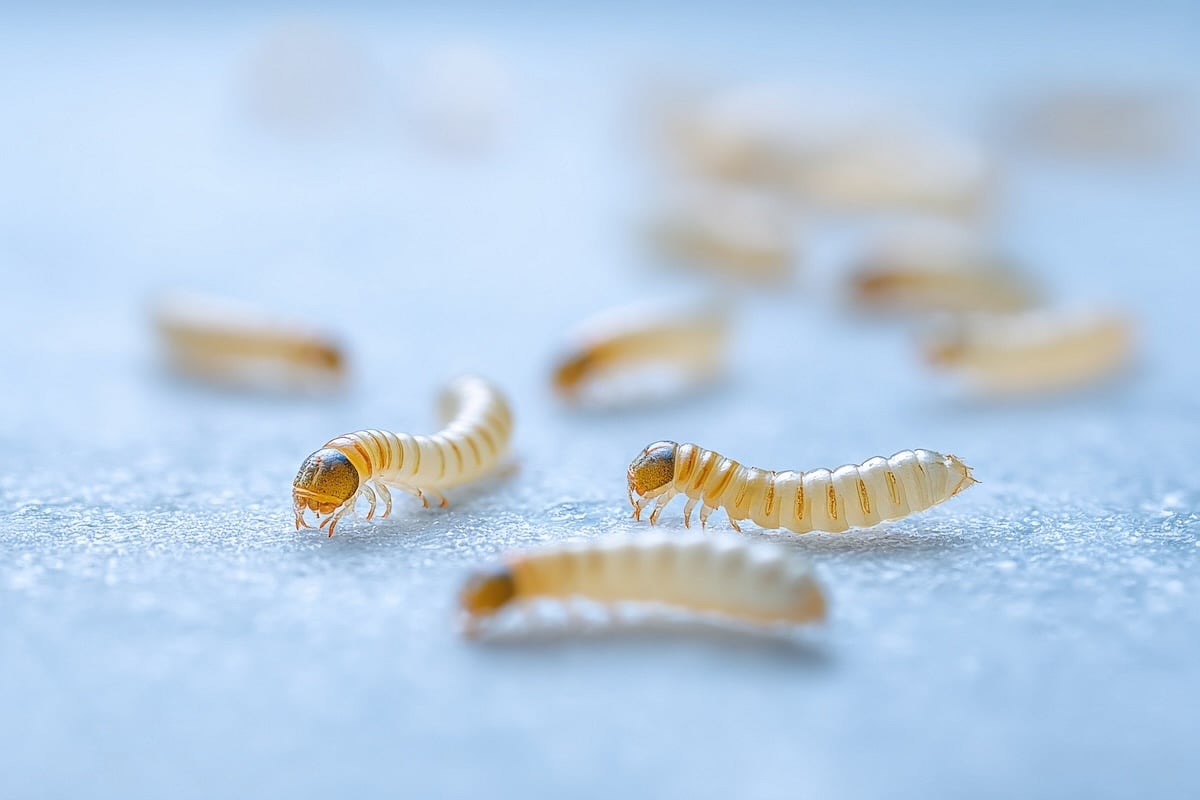Get Healthy!

- Posted September 26, 2025
New World Screwworm Parasite Detected in Northern Mexico Near U.S. Border
FRIDAY, Sept. 26, 2025 (HealthDay News) — A dangerous parasite once eliminated in the United States has been detected in northern Mexico, close to the U.S. border.
Mexico’s agriculture ministry confirmed Sunday that an 8-month-old cow in Nuevo León tested positive for New World screwworm. The animal was part of a shipment of 100 cattle from Veracruz, but only one showed signs of infestation.
The cow was treated, and all others received ivermectin, an antiparasitic medication, officials said.
The case was found in Sabinas Hidalgo, a small city less than 70 miles from Texas. It is the northernmost detection so far, moving much closer to the U.S. border than earlier outbreaks in other parts of Mexico.
Screwworm flies lay eggs in wounds and their larvae feed on living tissue, causing serious injury in livestock. The parasite was eradicated from the U.S. in the 1960s by mass-producing and releasing sterile flies to contain the flies’ range, but recent outbreaks in Central America and Mexico have caused concerns again.
It is a “national security priority” U.S. Agriculture Secretary Brooke Rollins said in a statement.
The U.S. Department of Agriculture (USDA) and multiple other agencies are "executing a phased response strategy that includes early detection, rapid containment and long-term eradication efforts," the statement said.
Further, the USDA has invested nearly $30 million this year to expand sterile fly production in Panama and build a new facility in Texas, The New York Times reported.
Thousands of fly traps have also been placed along the border, with no infected flies detected so far.
Mexican President Claudia Sheinbaum said U.S. officials recently inspected local control measures and will issue a report soon. U.S. ports remain closed to livestock, bison and horse imports from Mexico until further notice, The Times said.
More information
The Animal and Plant Health Inspection Service has more on the New World screwworm.
SOURCE: The New York Times, Sept. 24, 2025







